Robert M. Price - The Incredible Shrinking Son of Man: How Reliable Is the Gospel Tradition?
Here you can read online Robert M. Price - The Incredible Shrinking Son of Man: How Reliable Is the Gospel Tradition? full text of the book (entire story) in english for free. Download pdf and epub, get meaning, cover and reviews about this ebook. year: 2003, publisher: Prometheus Books, genre: Religion. Description of the work, (preface) as well as reviews are available. Best literature library LitArk.com created for fans of good reading and offers a wide selection of genres:
Romance novel
Science fiction
Adventure
Detective
Science
History
Home and family
Prose
Art
Politics
Computer
Non-fiction
Religion
Business
Children
Humor
Choose a favorite category and find really read worthwhile books. Enjoy immersion in the world of imagination, feel the emotions of the characters or learn something new for yourself, make an fascinating discovery.
- Book:The Incredible Shrinking Son of Man: How Reliable Is the Gospel Tradition?
- Author:
- Publisher:Prometheus Books
- Genre:
- Year:2003
- Rating:3 / 5
- Favourites:Add to favourites
- Your mark:
The Incredible Shrinking Son of Man: How Reliable Is the Gospel Tradition?: summary, description and annotation
We offer to read an annotation, description, summary or preface (depends on what the author of the book "The Incredible Shrinking Son of Man: How Reliable Is the Gospel Tradition?" wrote himself). If you haven't found the necessary information about the book — write in the comments, we will try to find it.
For more than a century scholars have been examining the Gospels and other traditions about the life of Jesus to determine their historical accuracy. Although the results of these scholarly efforts are sometimes controversial, the consensus among researchers today is that the four Evangelists accounts cannot be taken at face value. In fact, a team of more than 100 scholars called the Jesus Seminar has come to the conclusion that on average only about 18 percent of the four Gospels is historically accurate.
An active member of the Jesus Seminar, Dr. Robert M. Price presents the fruits of this important historical research in this fascinating discussion of early Christianity. As the title suggests, Price is none too optimistic about the reliability of the Gospel tradition as a source of accurate historical information about the life of Jesus. Indeed, he feels that his colleagues in the Jesus Seminar are much too optimistic in their estimate of authentic material in the Gospels. After an introduction to the historical-critical method for nonspecialists and a critique of the methods used by the Jesus Seminar, Price systematically discusses the narrative and teaching materials in the Gospel, clearly presenting what is known and not known about all of the major episodes of Jesus life. He also examines the parables for authenticity as well as Jesus teachings about the Kingdom of God, repentance, prayer, possessions and poverty, the Atonement, and many other features of the Gospels.
Written for the general reading public in a lively and accessible style, Dr. Prices highly informative discussion will be of interest to anyone who has wondered about the origins of Christianity.
Robert M. Price: author's other books
Who wrote The Incredible Shrinking Son of Man: How Reliable Is the Gospel Tradition?? Find out the surname, the name of the author of the book and a list of all author's works by series.

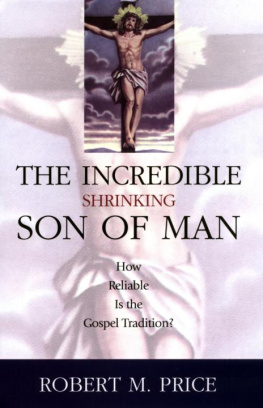
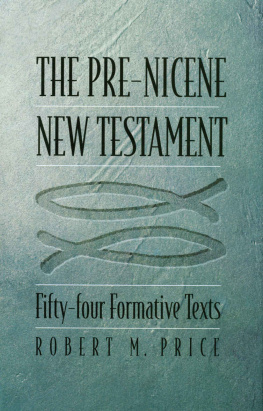
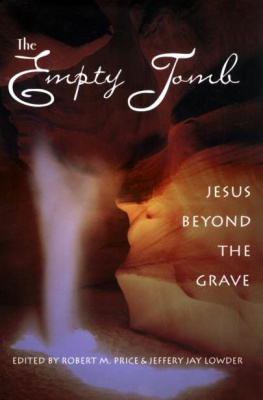
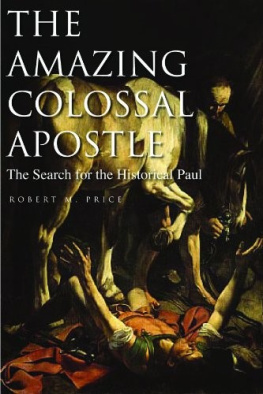

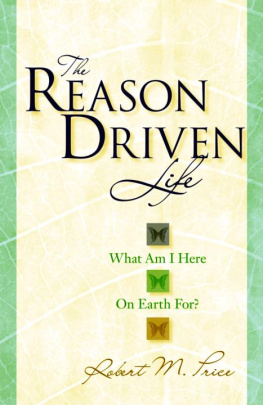
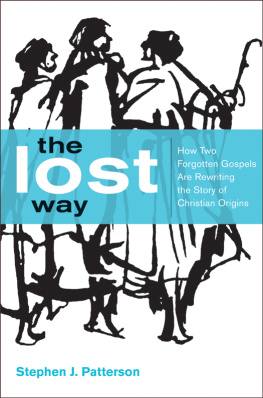
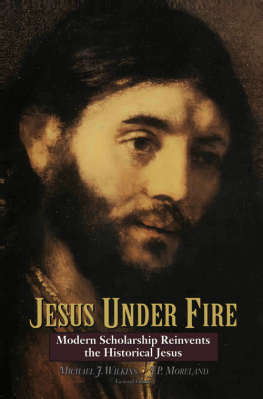
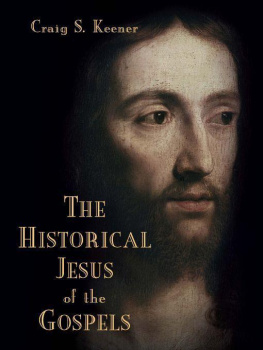
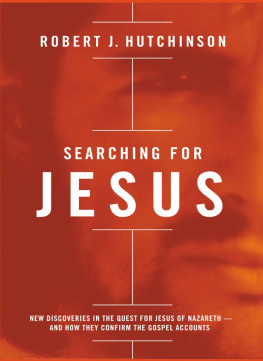
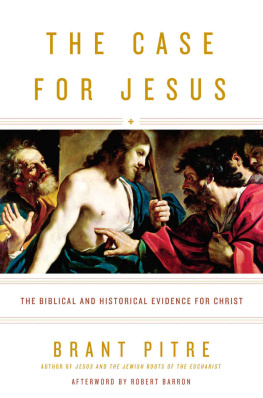
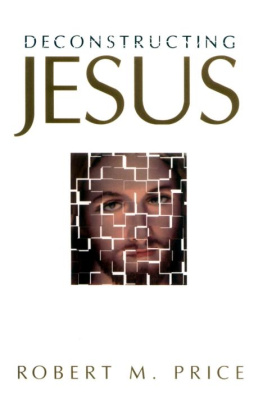
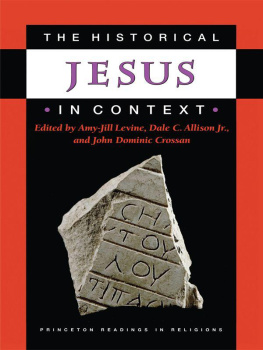
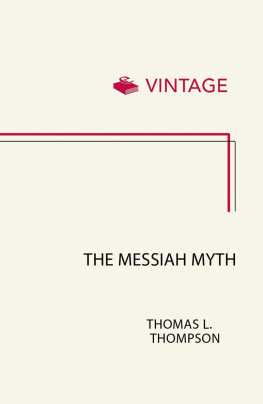
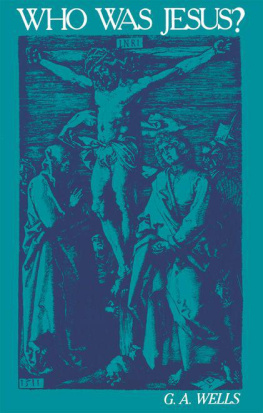
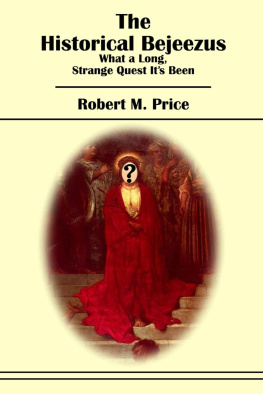


 s Paul Tillich has said, when anything is placed on a pedestal beyond criticism, it becomes an idol. Those who thus seek to screen an idol from criticism only betray their own suspicions about the worthiness of the totem they worship. The Bible has become, in the words of the Reverend Jim Jones, "a paper idol." Once, at the time of the sixteenth-century Protestant Reformation, champions of the Bible celebrated the Bible's being made available to any and all who might wish to read it. They insisted that the book be freed from the gilded chains of sacred hermeneutics, to be read by the same rules scholars use to make sense of any ancient text. The Bible was to them a newly discovered treasure that they rejoiced to behold glittering in the sun. But it was not long before they began to look about suspiciously and pile the riches back into the chest and replace it in the ground. Sacred scripture must be protected from the unworthy glance of impious outsiders and heretics after all. Not everyone was satisfied with this turn of events. The appearance of historical-critical study, or the "Higher Criticism," of the Bible,' beginning in the eighteenth century with men like Johann Salomo Semler, Johann Gottfried Eichorn, Johannes Philipp Gabler, and Hermann Samuel Reimarus, represented a return to Reformation vitality where the Bible was concerned. Once again, Bible students were unafraid to read the Bible without the lenses of official dogma, insofar as they could manage it. As these critics, many of them influenced by Rationalism, and their successors applied their critical tools to the text, their orthodox opponents could see only the vandalism wrought by infidel detractors of scripture. If it turned out that the Red Sea were really only the Reed Sea, if it eventuated that Daniel, Isa. 40-66, and the Pentateuch were not written by Daniel, Isaiah, and Moses, then the edifice of faith appeared to the conventional churchman to be collapsing.' The Bible had been carried off by the enemy, as when in 1 Sam. 4:11, the Ark of the Covenant had been seized off the battlefield by the victorious Philistines.
s Paul Tillich has said, when anything is placed on a pedestal beyond criticism, it becomes an idol. Those who thus seek to screen an idol from criticism only betray their own suspicions about the worthiness of the totem they worship. The Bible has become, in the words of the Reverend Jim Jones, "a paper idol." Once, at the time of the sixteenth-century Protestant Reformation, champions of the Bible celebrated the Bible's being made available to any and all who might wish to read it. They insisted that the book be freed from the gilded chains of sacred hermeneutics, to be read by the same rules scholars use to make sense of any ancient text. The Bible was to them a newly discovered treasure that they rejoiced to behold glittering in the sun. But it was not long before they began to look about suspiciously and pile the riches back into the chest and replace it in the ground. Sacred scripture must be protected from the unworthy glance of impious outsiders and heretics after all. Not everyone was satisfied with this turn of events. The appearance of historical-critical study, or the "Higher Criticism," of the Bible,' beginning in the eighteenth century with men like Johann Salomo Semler, Johann Gottfried Eichorn, Johannes Philipp Gabler, and Hermann Samuel Reimarus, represented a return to Reformation vitality where the Bible was concerned. Once again, Bible students were unafraid to read the Bible without the lenses of official dogma, insofar as they could manage it. As these critics, many of them influenced by Rationalism, and their successors applied their critical tools to the text, their orthodox opponents could see only the vandalism wrought by infidel detractors of scripture. If it turned out that the Red Sea were really only the Reed Sea, if it eventuated that Daniel, Isa. 40-66, and the Pentateuch were not written by Daniel, Isaiah, and Moses, then the edifice of faith appeared to the conventional churchman to be collapsing.' The Bible had been carried off by the enemy, as when in 1 Sam. 4:11, the Ark of the Covenant had been seized off the battlefield by the victorious Philistines.